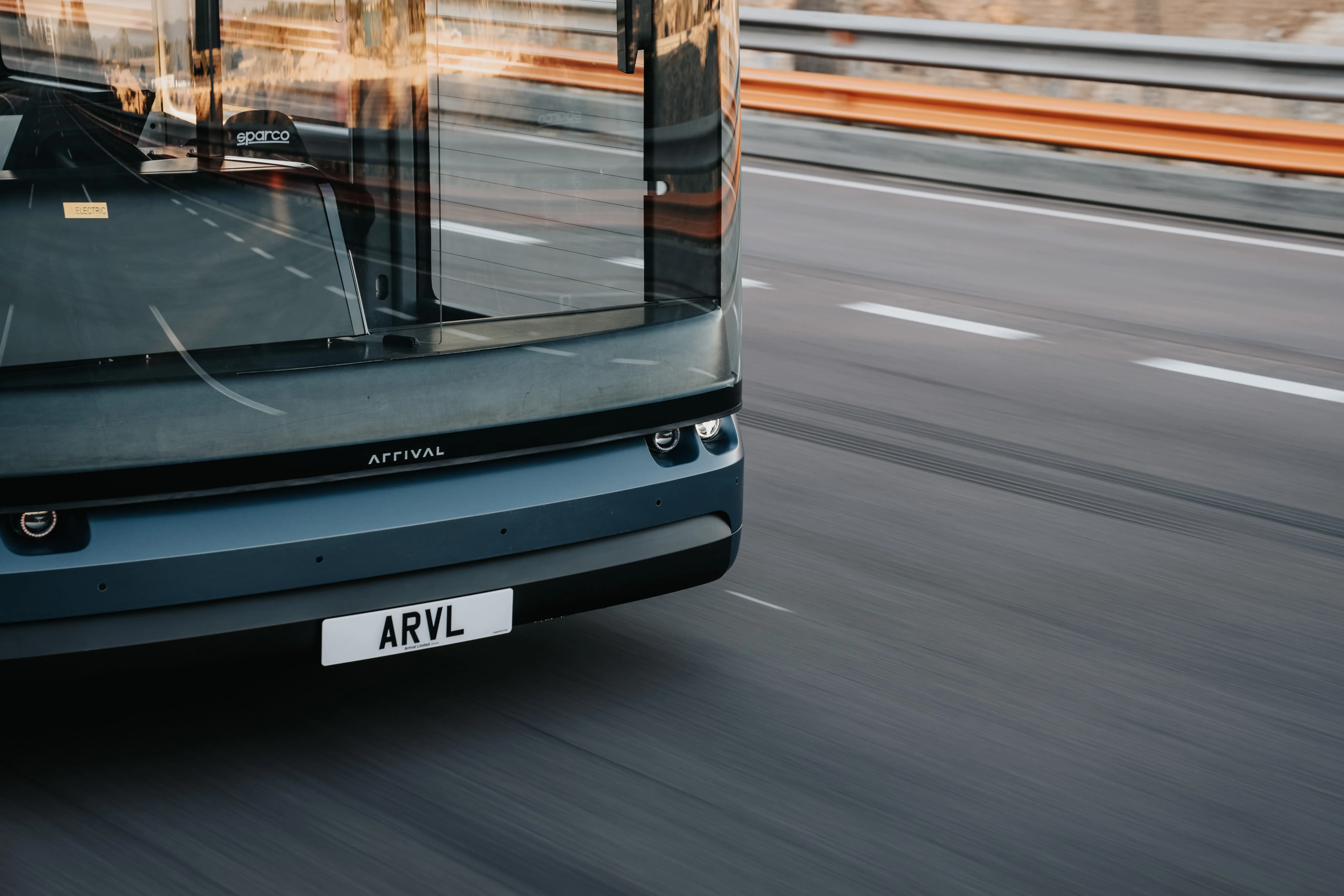
Kapsch TrafficCom and Aventi Intelligent Communication have piloted a road user charging (RUC) project in Norway.
The project, which Kapsch says was "conducted during the summer months", was to find out how fee collection for passenger cars is possible based on vehicle type, emissions class and kilometres driven.
Norway has a high proportion of electric vehicles (EVs) which means that the problem of the rapid decline in vehicle-related tax revenues is particularly acute there - but it is an issue that more and more countries are facing.
The project has been part of a concept selection study conducted by Norwegian authorities to work out the principles of determining and collecting future road user charges and tolls.
“In total, more than two million kilometers of trips, or about 50 laps around the earth, were analysed," explains Alfredo Escriba, Kapsch chief technical officer.
"The system was able to handle the challenging environments of the Norwegian road network, matching routes and calculating rates with an accuracy level above 99%.”
As well as compensating for the loss of tax revenue, advocates of RUC argue that it is a fair and transparent charging system for road users.








